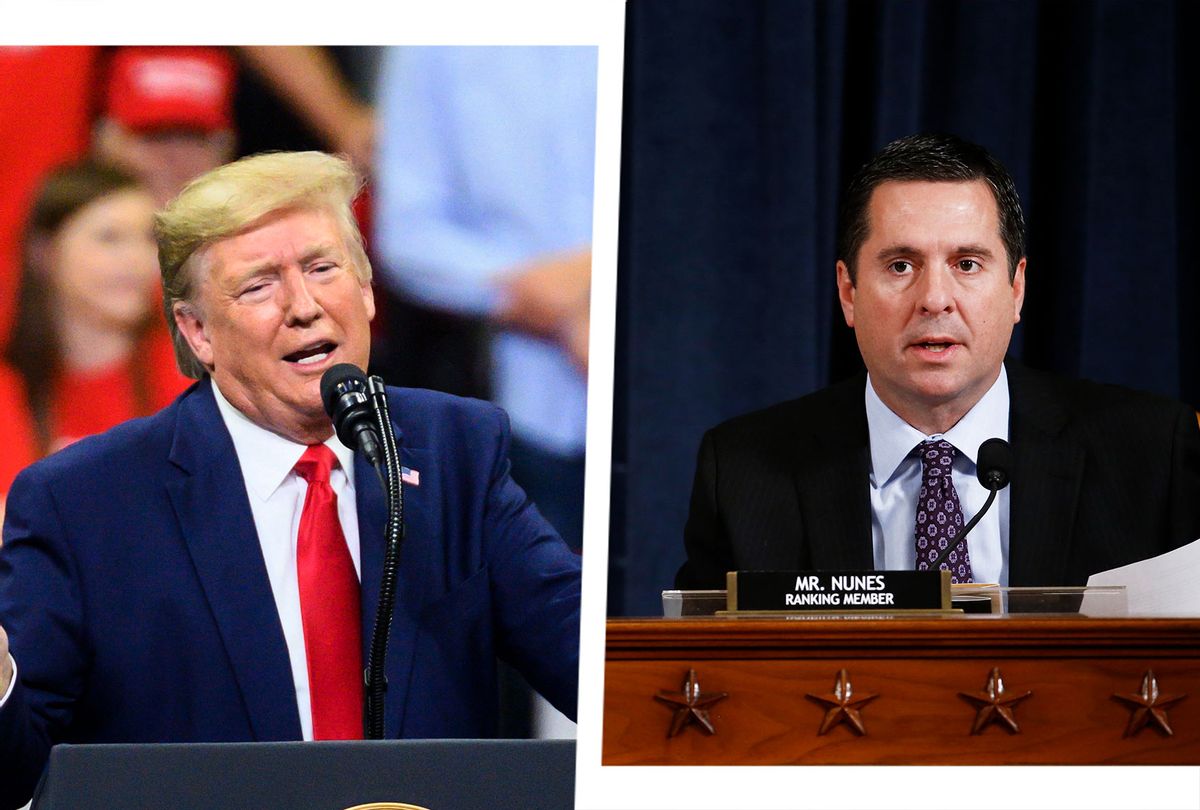By Max Fawcett | Opinion, Politics | August 23rd 2022

Jeremy MacKenzie is at the forefront of an increasingly dangerous community of anti-government agitators, writes columnist Max Fawcett. Photo via Facebook
If you aren’t already familiar with something called the “Diagolon” movement, well, you will be. That’s because Pierre Poilievre, the prohibitive favourite in the Conservative Party of Canada’s leadership race, was photographed at a recent event with its founder, Jeremy MacKenzie. A far-right activist and former member of the Canadian military who was arrested earlier this year on numerous weapons charges, MacKenzie is at the forefront of an increasingly dangerous community of anti-government agitators. And for some reason, he wanted to have his picture taken with Poilievre.
The name Diagolon refers to the imaginary nation MacKenzie and his followers have created, one that runs from Alaska to Florida. As the Canadian Anti-Hate Network’s Peter Smith and Mathew Kriner noted in a piece on the movement, this imaginary nation is “unencumbered by the sinister burdens of communism, moral degeneracy, and the World Economic Forum.” But that’s more than just a bad joke. As they write, the online community of pro-Diagolon livestreamers and their audience “have grown into an anti-government movement with militant accelerationist overtones.”
“Militant accelerationism” is, according to Kriner, “a set of tactics and strategies designed to put pressure on and exacerbate latent social divisions, often through violence, thus hastening societal collapse.” Other similar militant accelerationists include the “Boogaloo Movement,” a group of American anti-government and anti-police agitators who believe in the inevitability (and necessity) of a future civil war, and the Atomwaffen Division, which the Southern Poverty Law Centre describes as “a series of terror cells that work toward civilizational collapse.”
When MacKenzie’s presence at a Poilievre event was brought to his campaign’s attention, he eventually released a predictably petulant statement about the encounter. “As I always have, I denounce racism and anyone who spreads it. I didn’t and don’t know or recognize this particular individual. Likewise, I can’t be responsible for Justin Trudeau’s many racist outbursts just because I’ve met him or shaken his hand.”
But the photo with MacKenzie wasn’t Poilievre’s first exposure to the Diagolon movement. On Canada Day, the Conservative leadership hopeful marched with James Topp, another Canadian Forces veteran who has appeared numerous times on MacKenzie’s podcast. That wasn’t an accident, and Poilievre and his staff must have done their due diligence on Topp before deciding to march with him. That they chose to do so in spite of his affiliation with someone like MacKenzie speaks volumes — and raises some uncomfortable questions about the Conservative movement’s persistent proximity to far-right groups.
So far, those questions have been answered in one of two ways: feigned ignorance or whataboutism. The first was perhaps best exemplified by Brock Harrison, the executive director of communications and planning for Alberta Premier Jason Kenney, who insisted he’d never heard of MacKenzie. “Who?” he said in response to journalist Stephen Maher’s tweet asking if Poilievre wanted Diagolon’s support. But Harrison surely knows who MacKenzie is, given the four men arrested in Coutts, Alta., earlier this year and charged with conspiring to murder RCMP officers had direct and documented ties to MacKenzie’s movement.
The other popular response was modelled by Dimitri Pantazopoulos, a pollster and strategist for numerous conservative leaders, including Doug Ford, Kenney, Christy Clark and Stephen Harper. In his own series of tweets with me, he repeatedly tried to redirect the conversation back to Laith Marouf, an anti-racism consultant who has received $133,000 from the federal government — and who has a documented history of using racist and hateful language himself towards Jews and Israelis. When I pressed him about this whataboutism, he said: “The federal gov is literally paying this assclown. Please link me to the story or tweet you did about that.”
For what it’s worth, the news about Marouf only broke over the last couple of days. But let me be perfectly clear: his views are intolerable, especially in light of the role he serves and the funding he receives from our federal government. I’m a Liberal-leaning columnist who has supported the Palestinian people and their push for independence for more than 20 years, so I suppose I have some things in common with Marouf. But it’s not difficult for me to say that his comments and conduct are immediately disqualifying, and that the government must answer for how and why he was hired in the first place.
So why do Conservatives fall back on equivocation and deflection when it comes to people like MacKenzie and his fellow travellers? Maybe it’s because they think they need their votes. The Conservative movement in Canada right now seems consumed with winning back voters who defected to Maxime Bernier’s People’s Party of Canada in the 2021 election. We see that in Alberta, where the candidates to replace Kenney seem to be engaged in a contest to see who can flirt most aggressively with the province’s separatist movement. We see that in Ottawa, where Poilievre seems determined to transform the Conservative Party of Canada into the Convoy Party of Canada.
And while there are some conservative voices speaking out against this rightward drift, they aren’t exactly the successful ones. Jean Charest tweeted over the weekend: “Hate and intolerance have no place in Canada or in the Conservative Party … it’s long past time for @PierrePoilievre to loudly and clearly tell MacKenzie, Diagolon and their supporters they are not welcome. Some votes should not be courted.”
Meanwhile, Leela Aheer, who’s running well behind people like Danielle Smith and Brian Jean in Alberta’s UCP leadership race, denounced a debate co-hosted by Rebel News and a separatist group called the Prosperity Project. “If I become leader of our party & Premier of Alberta, there will be no room for those who support this agenda — Alberta has a set of core values, and they are in direct opposition to what’s on display here,” she tweeted.
These are good and important words, but they’re directed to versions of their parties that no longer really exist — or perhaps never did in the first place.
Either way, Canadians need to pay close attention to how their leaders react to these sorts of situations. It’s true that, as Poilievre’s campaign said, he meets thousands of people and can’t do background checks on each one. But it’s also true that he’s entirely in control of how he responds after the fact and the message that sends to the Jeremy MacKenzies of the world. That it’s anything other than an unqualified disavowal speaks volumes — and rest assured, Diagolon is listening.
August 23rd 2022

Max Fawcett
Lead Columnist
@maxfawcett



.jpg)





